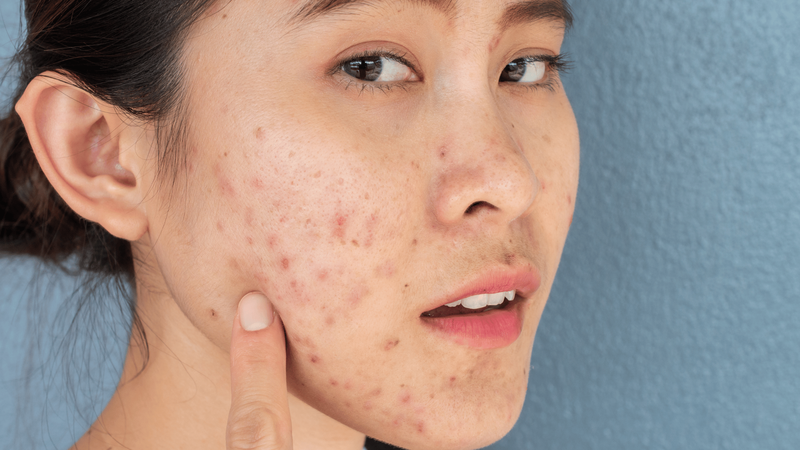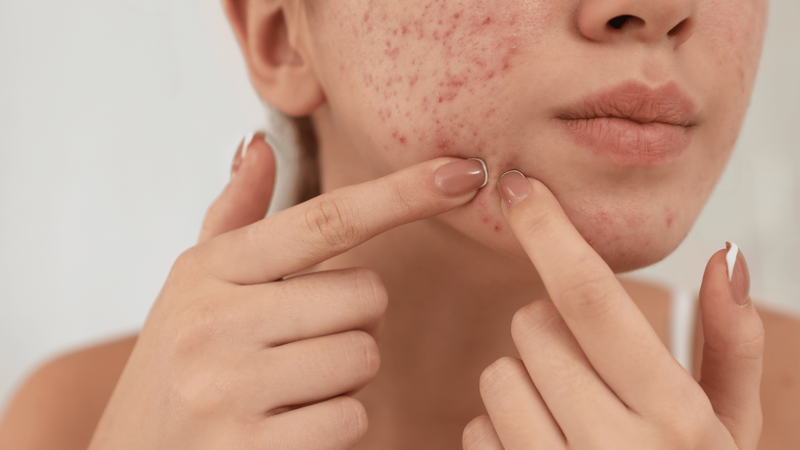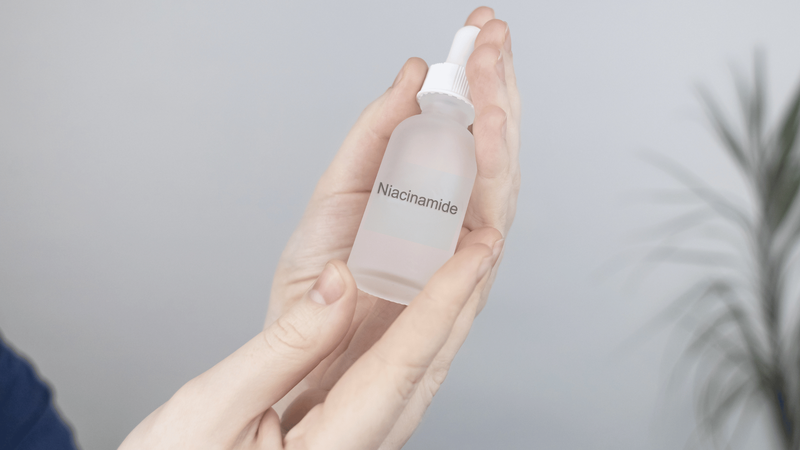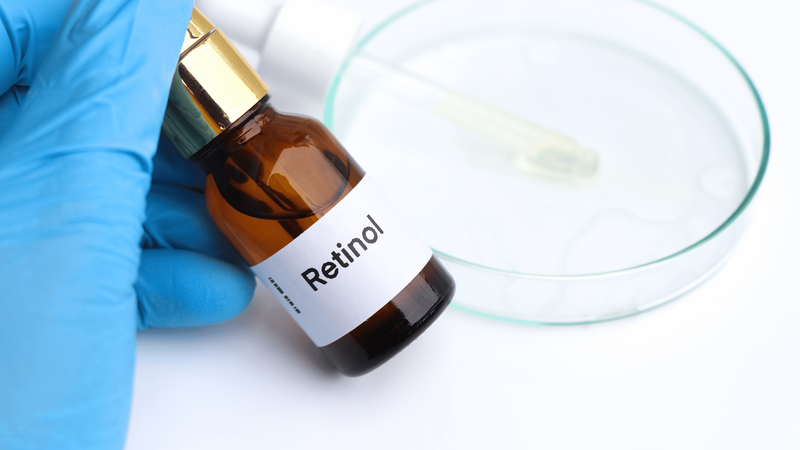Acne scars are a common problem that many people encounter after their skin goes through acne. This condition not only causes loss of aesthetics but also affects the psychology and confidence of the sufferer. To improve this condition, the question “What should I use for acne scars?” becomes a top concern. Let’s explore effective methods to fade acne scars, helping the skin recover quickly through the article below.
What are acne scars?
Acne scars are a condition in which the skin appears as dark or dark brown spots after acne has healed. This is the result of increased skin pigmentation in the damaged area, which often occurs when the skin reacts to inflammation caused by acne. When acne breaks or swells, the body reacts by producing melanin – the pigment that gives color to the skin – to protect the damaged skin area.

What should I use for acne scars?
Causes of acne scars
To answer the question “What should I use for acne scars?”, let’s find out the causes of this condition. Here are some of the main causes of acne scars:
- Post-inflammatory hyperpigmentation (PIH): When the skin is inflamed due to acne, the body produces melanin to protect the damaged skin area. This process can lead to hyperpigmentation, causing dark spots to appear on the skin after the acne has healed.
- Inflammatory acne: Types of acne such as acne, cystic acne or pustules often cause strong inflammatory reactions. These acne can damage deeper layers of the skin, leading to increased melanin production.
- How to care for and treat acne: Many people have the habit of squeezing or touching acne, which can further damage the skin and increase the risk of infection. When acne breaks, the wound left behind will easily form dark spots.
- Hormonal changes: Hormones, especially estrogen and testosterone, can affect inflammation and melanin production in the body. Therefore, hormonal changes, such as during puberty or the menstrual cycle, can contribute to the formation of acne scars.
- Diet: An unhealthy diet, lacking in vitamins and minerals, can affect the skin’s ability to repair itself, making it more vulnerable to damage and scarring.

The cause of acne scars may be due to improper acne treatment.
What should I use to restore my skin after acne scars?
When faced with acne scars, the question “What should I use for acne scars?” becomes a top concern for many people. Below are the ingredients that reduce acne scars that you can consider using in your skin care routine to effectively reduce acne scars and improve your skin condition.
Niacinamide
Niacinamide, also known as Vitamin B3, is one of the most popular acne scar treatment ingredients thanks to its ability to brighten the skin and reduce scars. In addition to helping improve acne scars, Niacinamide also helps moisturize the skin, reduce signs of aging and prevent acne from recurring. However, you should avoid combining Niacinamide with Vitamin C or AHA/BHA to avoid unwanted reactions. The ideal dosage is not to exceed 10% concentration.

Niacinamide has the effect of brightening skin and reducing dark spots effectively.
Azelaic Acid
Azelaic Acid is a mild to moderately effective dark spot treatment ingredient that helps control the growth of acne-causing bacteria and unclog pores. In addition to its ability to lighten dark spots, Azelaic Acid also aids in reducing acne. However, some people may experience itching or peeling when using it. The recommended dosage is about 20% and should be used twice daily, after cleansing the face. For increased effectiveness, you can use AHA or BHA before applying Azelaic Acid.
Vitamin C
Vitamin C is not only famous for its skin lightening ability but also has anti-aging effects and stimulates the skin regeneration process. This is one of the top choices for the question: “What should I use for dark spots?”. When using Vitamin C, you should note that you should not exceed 60mg per day and should not use it continuously for more than 2 months without a doctor’s guidance.
Retinol
Retinol, a derivative of Vitamin A, is very effective in reducing acne scars. It is a popular ingredient used to promote skin regeneration and brighten the skin. However, Retinol can cause dryness, so you should use it with caution. The starting dose is about 0.5% and gradually increase to 1% as the skin gets used to it. It is important to note that Retinol should not be used by pregnant or breastfeeding women.

Retinol should not be used by pregnant or lactating women.
Hydroquinone
Hydroquinone is one of the powerful ingredients in treating acne scars, working by inhibiting the production of melanin pigment. However, to ensure safety, you should only use products with a Hydroquinone concentration of less than 2%. You should test it on a small area of skin first to check for reactions before applying it to a larger area of skin. Do not use Hydroquinone continuously to avoid irritation.
Other ingredients
In addition to the above ingredients, the market also provides many other acne scar treatment ingredients such as Alpha Arbutin, AHA, Kojic Acid and many other natural extracts. These ingredients all have the ability to brighten the skin and reduce acne scars, giving you a more even and healthy skin tone.
Hopefully the above article has helped readers answer the question “What should I use for acne scars?” and provided the necessary information so that you can choose the right product for your skin. Remember that skin care is not just about using dark spot treatment products, but also includes healthy living habits and a reasonable diet. If necessary, you should also consult a dermatologist for more specific advice and guidance for your condition.





